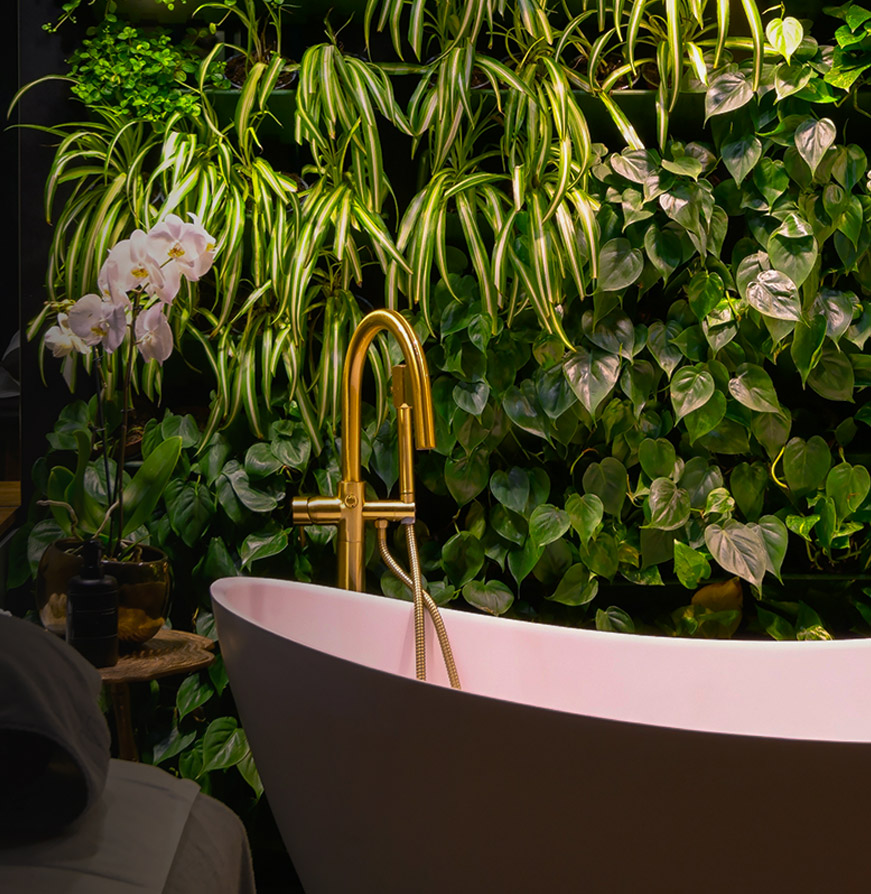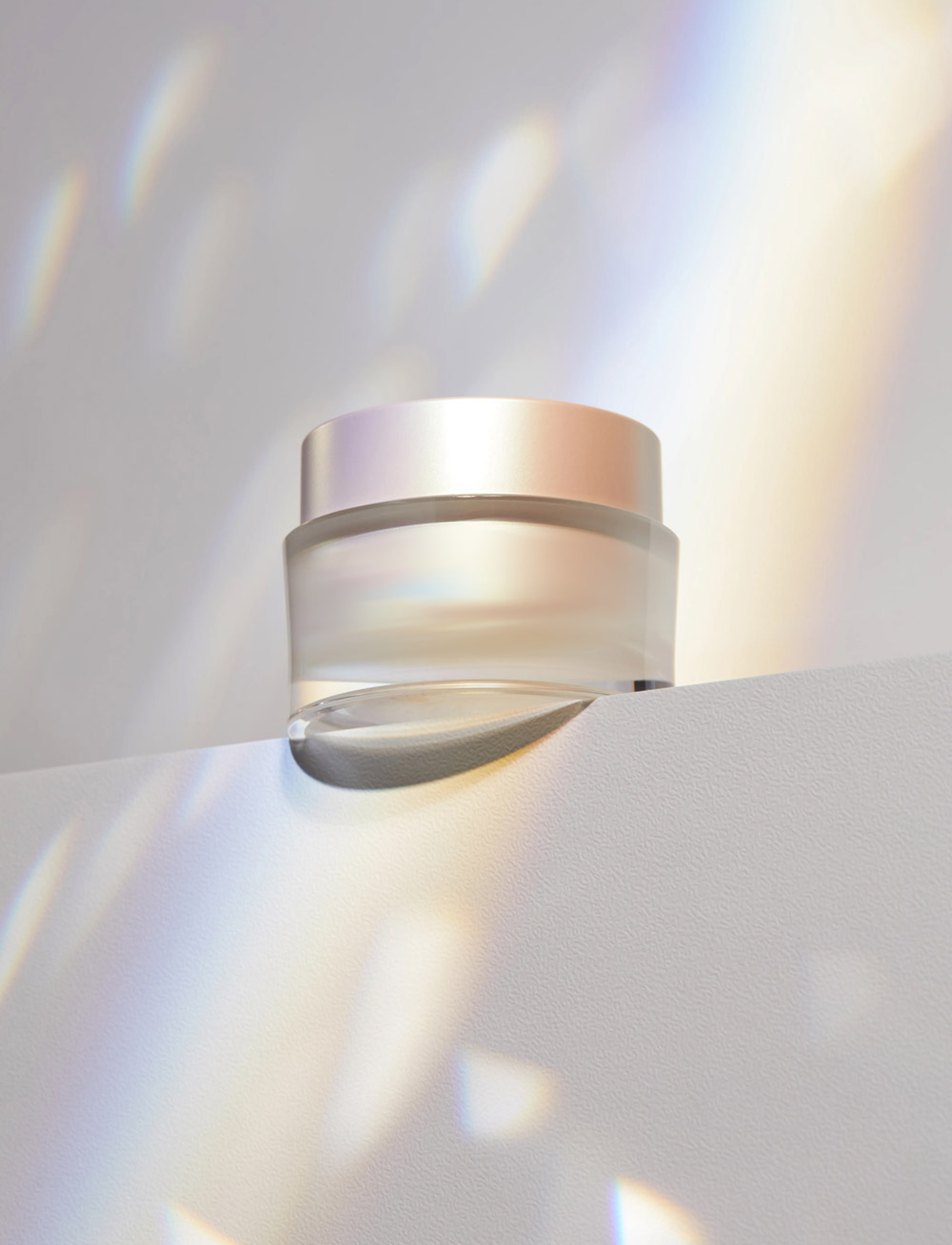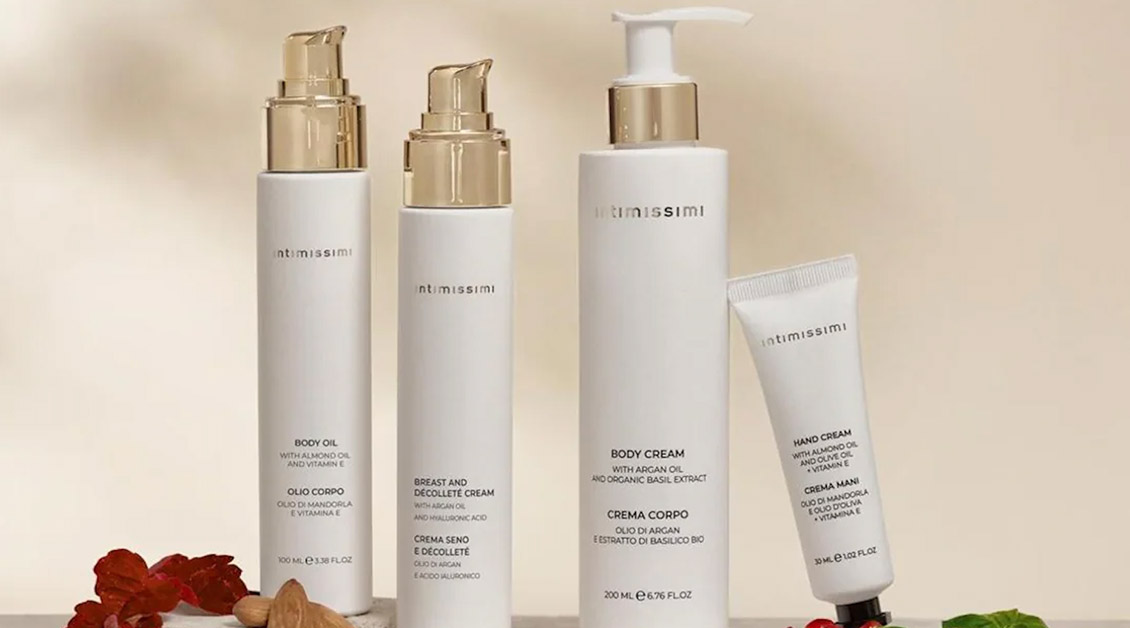Growing consumer awareness has led to an increased demand for sustainable cosmetics: products that symbolise a commitment to ethical and responsible practices.
In this article, we will discover how sustainability is transforming the cosmetics industry, and how luxury spas can benefit from this trend.
Cosmetics and sustainability: a winning combination
Leading companies are adopting sustainable practices to meet the needs of modern consumers. The change is not only a response to demand: it is also a commitment to the environment.
Brands such as AnnurKap, Bioearth and Togethair have integrated sustainability into their core business as an essential element of their DNA, showing how innovation, performance and responsibility can go hand in hand.
In addition to the careful selection of ingredients, the cleanliness of formulas, and the constant search for synergies between naturalness and performance, the brands of the Polo del Naturale stand out for their rigorous environmental and social responsibility, based on the extra transparency of company processes, production systems powered by clean energy, excellence of Quality Management Systems and products, and the reduction of waste, starting with a predilection for eco-green packaging.
The impact of packaging on the environment
Packaging is indeed crucial in the sustainability of cosmetics, as it accounts for approximately 90% of a product’s ecological footprint.
An ecological approach drastically reduces environmental impact and is a central element in enhancing a brand’s reputation.
Let’s take a look at some concrete reasons why sustainable packaging is as essential for the environment as it is for the new consumer:
- Waste reduction: the use of recycled and recyclable materials reduces the amount of waste that ends up in landfills.
- Reduction of CO2 emissions: the production of sustainable packaging requires less energy and reduces greenhouse gas emissions compared to traditional materials.
- Conservation of natural resources: materials such as recycled glass and FSC-certified paper help preserve the planet’s natural resources.
- Innovation and reuse: the design of refillable and reusable containers minimises waste and offers added value to consumers.
- Improved brand perception: increasingly discerning consumers prefer brands that adopt environmentally friendly practices, thus improving brand loyalty and image.
- Promotion of a circular economy: Sustainable packaging supports an economic model in which materials are constantly reused, reducing the need for new resources.
Ecological packaging solutions for sustainable cosmetics
One of the most productive strategies in this context is the adoption of refillable containers (refills). This is a practice that significantly reduces both waste production and the use of new materials.
Several cosmetics companies have already implemented refill systems for their products, allowing a continuous reduction of waste to limit the use of plastic.
Another key solution is eco design, a philosophy that promotes the reduced use of specific packaging materials and the choice of easily recyclable materials, and which is shared by all the brands of the Natural Cluster.
Eco design focuses on creating lighter packaging, which reduces the energy required for production and disposal.
This then facilitates separate waste collection and increases recycling rates, contributing to a circular economy model.
Post-consumer sustainability of cosmetic products
Sustainability obviously also extends to the post-consumer phase of cosmetic products. Indeed, companies are taking initiatives to further reduce their environmental impact in innovative ways.
Emerging strategies include:
- Collection and recycling programmes: many companies offer incentives to consumers to return used containers, facilitating recycling and reducing waste.
- Biodegradable materials: the use of biodegradable materials reduces pollution and facilitates environmentally friendly disposal.
- Creative reuse: some brands encourage the reuse of containers through refill, even offering discounts for those who adopt these practices.
Green trends in the cosmetics sector
Green trends are driving the evolution of the cosmetics industry.
For a start, consumers are increasingly focusing on sustainable packaging. In particular, 52% of European consumers are looking for products with eco-friendly packaging, focusing on reusability, compostability and recyclability. Ecological awareness and demand have a major influence on purchasing choices, with many potential customers willing to switch brands if packaging does not meet ecological criteria.
In addition, Quantis’ Make Up the Future report also highlights how the cosmetics industry is adopting more sustainable practices, integrating eco-design into products and promoting circular economy solutions such as the aforementioned product refilling and bulk sales.
Sustainable cosmetics: a premium choice for a luxury spa
The choice of sustainable cosmetics is particularly significant for luxury hotels, facilities and spas. It not only contributes to environmental friendliness, but also represents an opportunity for differentiation.
Using sustainable products can improve the image of luxury hotels, facilities and spas and attract a more attentive, sophisticated and aware clientele.
Spas that adopt a green philosophy, for example, can benefit from a competitive advantage, strengthening their position as leaders in wellness and sustainable luxury.
Advantages of sustainable cosmetics for luxury spas
- Attracting an aware clientele: as we have seen, the demand for sustainable cosmetics is growing. Therefore, using eco-friendly products can attract customers looking for wellness experiences that respect the environment and their health.
- Brand enhancement: adopting a sustainable philosophy can improve brand image, positioning the spa or boutique hotel as a leader in luxury and sustainability. This can lead to greater customer loyalty and a positive increase in word of mouth.
- Reduced environmental impact: the use of sustainable products helps to reduce the environmental impact of the facility.
- Innovation and quality: eco-friendly products offer unique, high-quality sensory experiences, enhancing the well-being of users.
- Economic efficiency: the use of refillable dispensers and eco-friendly packaging can reduce operating costs. For example, 3-litre refills can reduce costs by 30-40% compared to traditional small-pack products, which also helps reduce plastic waste.
- Continuous innovation: investing in sustainable cosmetics also means keeping up with industry innovations. Indeed, leading companies are continuously developing new products and practices that promote sustainability and well-being.
Adopting a green philosophy is an ethical choice, of course, but also a winning strategy for luxury hotels, facilities and spas.
Attention and sensitivity to the environment enhances brand image and responds to growing consumer demands.







